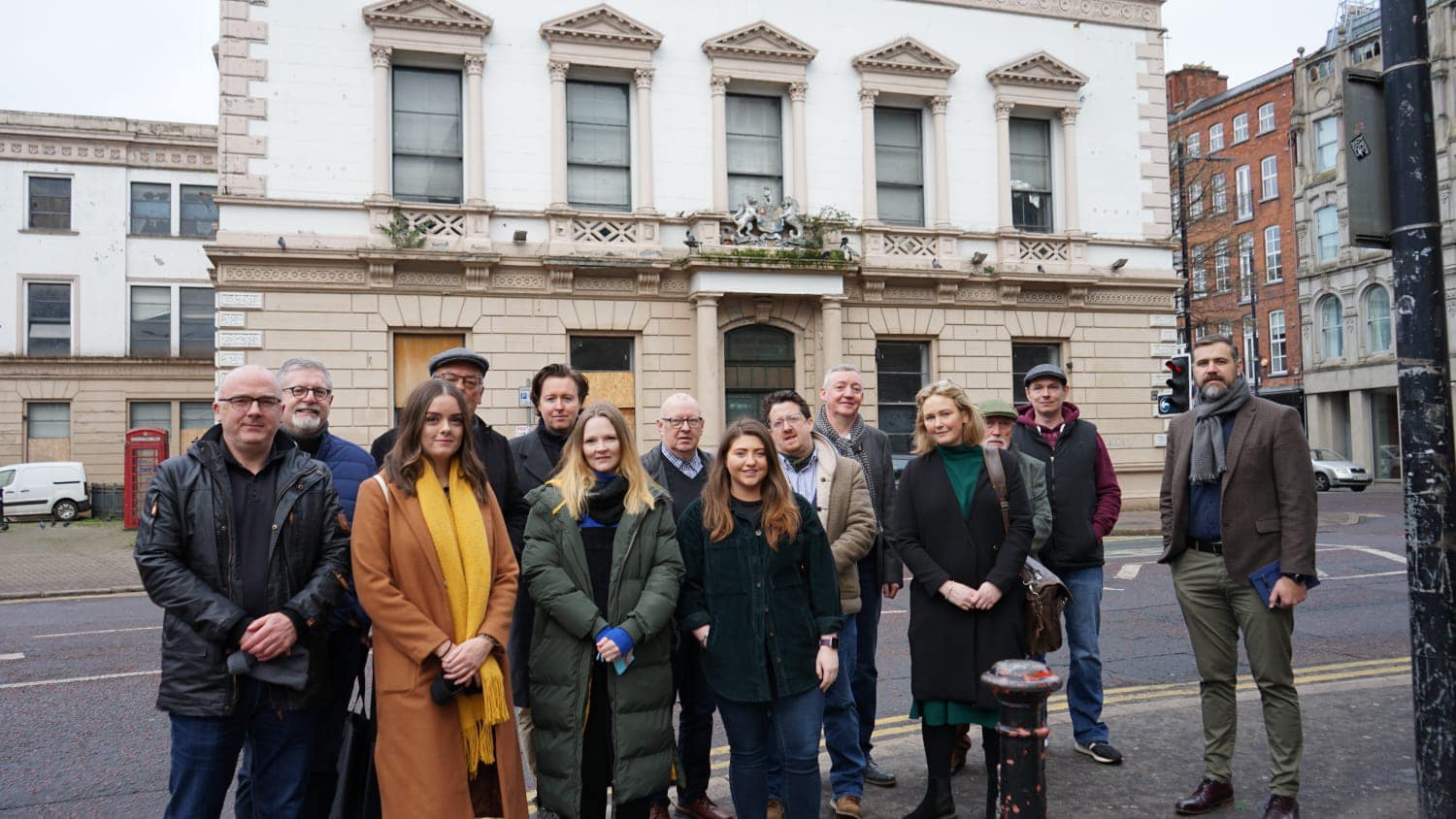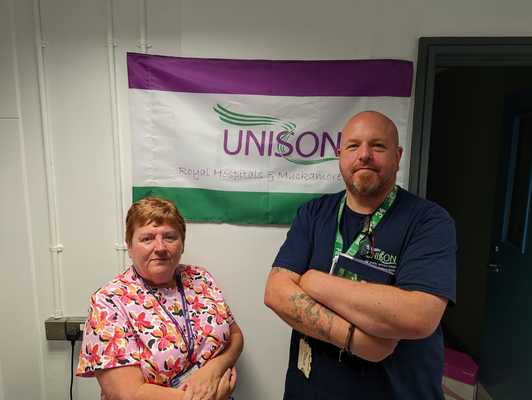A LOCAL historic society has called for the iconic Assembly Rooms building to be transformed into a United Irishmen visitor and heritage centre.
It comes after Belfast City councillors discussed fledgling plans to ensure recognition of the building's history.
Built during the 18th century, the Assembly Rooms, which stands on the corner of North Street and Waring Street, are an important part of the city's radical history.
The Assembly Rooms Meeting good Belfast historic @belfastcc@NIC_ICTU @irishcongresshttps://t.co/54psW6h3CH
— Kevin Cooper (@photolinepic) December 18, 2021
It was there that United Irishman Thomas McCabe publicly denounced an abortive attempt by a group of merchants to establish the "Belfast Slaveship Company" in 1786.
In 1798, the the building was the venue for the trial of Henry Joy McCracken, who was executed for his role in leading the United Irishmen in rebellion.
The building is currently owned by Castlebrooke Investments, the firm behind the controversial Tribeca Belfast project – a £500 million development that will involve the demolition of non-listed built heritage in the Cathedral Quarter.
Part of the Tribeca Belfast plans included proposals to turn the Assembly Rooms into a new 50-bedroom hotel, with a restaurant and bars. However, at Friday's meeting of the Council's Strategic Policy & Resources Committee, councillors discussed options to preserve the building's heritage.
Following the meeting, Alliance Councillor Michael Long said: "The Assembly Rooms are a key part of our shared history and of our architectural heritage. Today in Committee we have agreed to see what the Council can do to ensure this is better recognised."
The committee meeting was held just a day after a city centre meeting by the United Irish Historical Society, which seeks to preserve and restore Belfast's shared 18th century history.
Oh my, oh my, oh my assembly rooms still lying derelict. Belfast weeps. pic.twitter.com/HgIY3u0Ej2
— Máirtín Ó Muilleoir (@newbelfast) January 19, 2015
Fáilte Feirste Thiar Director, Harry Connolly, who is involved in the society, said: "We held a public meeting in Belfast city centre in Henry's. It was a broad eclectic mix of people – historians, authors, academic, tourism and regeneration experts.
"We convened it under the auspices of the United Irish Historical Society, which is an ad-hoc group of likeminded people that would love to see the history and heritage of the United Irishmen and Women of the late 18th century preserved and restored.
"At that meeting we talked about the Assembly Rooms and how it would be wonderful if it was brought back into public ownership and developed into a visitor and heritage centre.
"It builds on an ongoing conversation and the uplift of interest from local citizens in that period of our history, which is largely untold and has largely been written out of the fabric of Belfast.
"It's time we wrote it back in and wrote it in large."
#OTD - 11th July 1772 - Belfast Harp Festival
— 1798 Belfast Walking Tour (@1798walkingtour) July 11, 2021
The Assembly Rooms in "the Athens of the north", radical Belfast
"To perpetuate the ancient music and poetry of Ireland" - an act of inclusion of subordinated Gaelic culture
Music transcribed by E. Bunting (aged 19) is world famous pic.twitter.com/dUGoGlCW81








